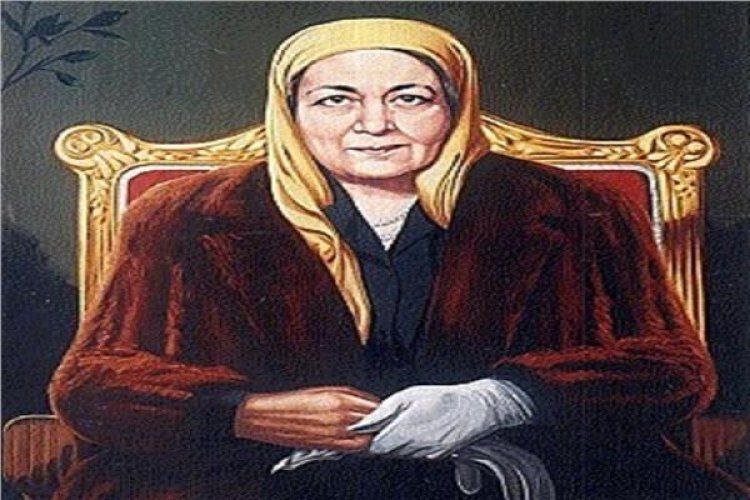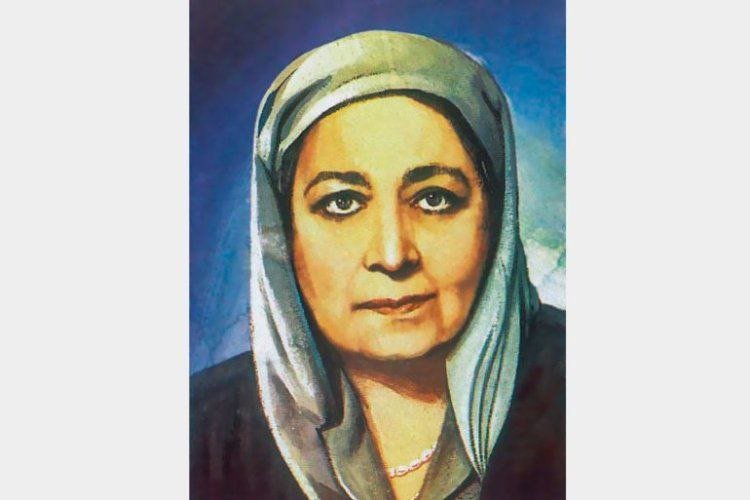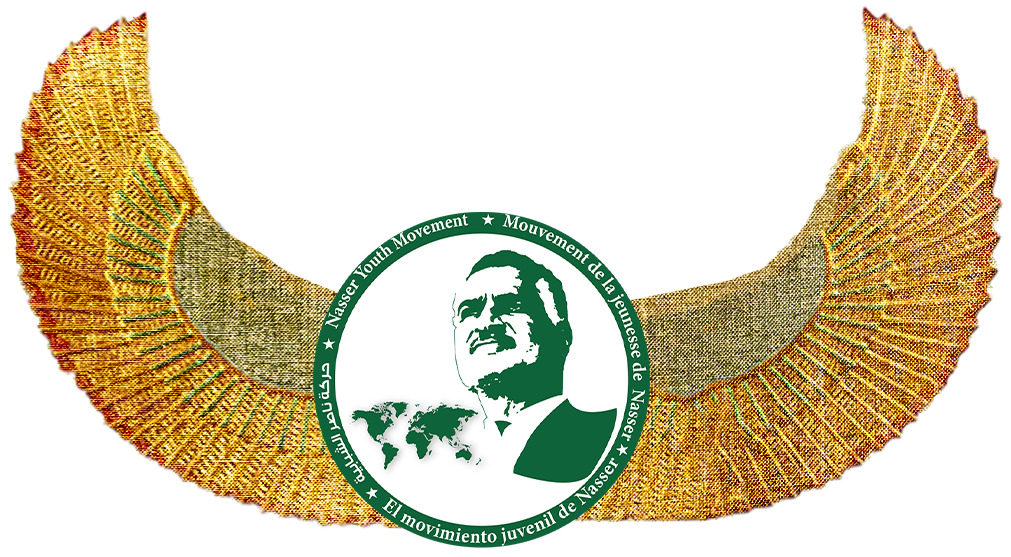Hoda Shaarawi

Reviewed by: Wafaa El-houseiny
Translated by: Zeinab Mohamed
Hoda Shaarawi
Nour Al-Hoda Muhammad Sultan was born on June 23, 1879, in one of the villages of the Minya Governorate in southern Egypt. Her father, Muhammad Sultan Pasha, was Speaker of the First Parliament in Egypt during the reign of Khedive Tawfiq. This era was known as the era of the Hareem [women in Arabic] in Egypt, where separation between men and women prevailed even inside houses, as it was common at that time to live in large houses that included extended families.
Most women were prevented from education, and from appearing in public, and they rarely left the house at all. Hoda felt frustrated by discrimination against women, especially after being prevented from receiving formal education like her brother, who received preferential treatment because he was male. As she belonged to the upper social class, she was allowed to receive lessons at home that included several areas of knowledge. She also studied Arabic, Turkish, Persian, calligraphy, and piano.
Hoda got married at the early age of 13 to her cousin, Ali Shaarawi, from whom she took her name. He was about 40 years older than her, but she could not refuse him because of family traditions. Hoda founded an association for the care of children in 1907. In 1908, she succeeded in convincing the Egyptian University to allocate a hall for women’s lectures, and she opened a school for girls in 1910.
Her husband Ali Al-Shaarawi’s notable political activity in the 1919 Revolution had a significant impact on her activities. She participated in leading the women’s demonstrations in 1919, and during the revolution, she founded and supervised the Wafd Party Committee for Women.

While the Egyptians were welcoming the national hero Saad Zaghloul in 1921, Hoda Shaarawi called for raising the marriage age for girls to 16 years, and she also called for raising the marriage age for boys to 18 years. She strove for women to receive education, and go out to professional and political work, and she also sought to cultivate their minds. Her efforts culminated in the establishment of the Egyptian Women’s Union in 1923, and she continued to hold the position of its president until 1947.
Shaarawy created L'Egyptienne magazine in 1925 and was described by El Figaro newspaper as a link between East and West. She also founded Al-Masryah magazine in 1973.
Hoda Shaarawi participated in international conferences around the world. Most notable is the 1923 First International Conference on Women in Rome, accompanied by Nabawiyya Musa and Siza Nabrawi. She also participated in the Paris Conference in 1926, and the Amsterdam and Berlin Conferences in 1927.
She also participated in establishing the Arab Women’s Union and assumed its presidency in 1935. During her participation in the Twelfth International Women’s Conference, which was held on April 18, 1935, in Istanbul, with a membership of 12 women, the conference elected Hoda as Vice-Chairman of the International Women’s Union Committee.
Hoda never deviated from the traditions of her upbringing in Upper Egypt, nor did she brag about her lineage to her famous political father. She united the efforts of women to participate politically through the Women’s Union. She was distinguished by encouraging people. She used to send Egyptians for education in France at her personal expense, and among them was the former editor-in-chief of Al-Ahram, Ahmed Al-Sawy.
She was also rich in soul and conscience, a woman with a strong attitude. She never claimed a role for herself that was not hers. She was not a preacher and would invite one of the university ladies to read her sermons.
The Palestinian cause always occupied the mind of Hoda Shaarawi. She organized a women’s conference to defend Palestine in 1938 and called for organizing women’s efforts, including collecting materials, and clothing, and volunteering in nursing and ambulance work. When the United Nations resolution was issued to partition Palestine and internationalize Jerusalem in November 1947, the activist lady sent a letter of strong objection to the United Nations Headquarters.
During her life, Hoda received several medals from the Egyptian state.
Hoda Shaarawi died at the age of 68, on December 12, 1947, after a career full of struggle. Many streets and institutions in Egypt were named in her honor. Her prose and poetic works were collected in the book, Memory of the Deceased of Arabism. The General Authority for Egyptian Cultural Palaces also issued Huda Shaarawi’s Memoirs, as part of the Memory of Writing series.

